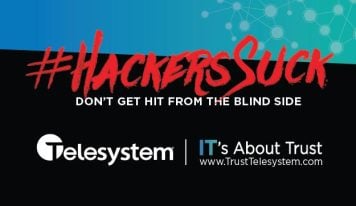In case you missed it, Slate has an article worth reading titled Has AT&T Lost its mind. It talks about the idea of AT&T filtering web packets via deep packet inspection. I touched on this topic as well in the past but Slate goes into more depth if you want a broader perspective. In addition it uses terms like "corporate seppuku" which must make it worth reading. ![]()
Excerpt:
The puzzle is how AT&T thinks that its proposal is anything other than corporate seppuku. First, should these proposals be adopted, my heart goes out to AT&T’s customer relations staff. Exactly what counts as copyright infringement can be a tough question for a Supreme Court justice, let alone whatever program AT&T writes to detect copyright infringement. Inevitably, AT&T will block legitimate materials (say, home videos it mistakes for Hollywood) and let some piracy through. Its filters will also inescapably degrade network performance. The filter AT&T will really need will be the one that blocks the giant flood of complaints and termination-of-service notices coming its way.
But the most serious problems for AT&T may be legal. Since the beginnings of the phone system, carriers have always wanted to avoid liability for what happens on their lines, be it a bank robbery or someone’s divorce. Hence the grand bargain of common carriage: The Bell company carried all conversations equally, and in exchange bore no liability for what people used the phone for. Fair deal.
AT&T’s new strategy reverses that position and exposes it to so much potential liability that adopting it would arguably violate AT&T’s fiduciary duty to its shareholders. Today, in its daily Internet operations, AT&T is shielded by a federal law that provides a powerful immunity to copyright infringement. The Bells know the law well: They wrote and pushed it through Congress in 1998, collectively spending six years and millions of dollars in lobbying fees to make sure there would be no liability for "Transitory Digital Network Communications"—content AT&T carries over the Internet. And that’s why the recording industry sued Napster and Grokster, not AT&T or Verizon, when the great music wars began in the early 2000s.





